Baby shower traditions: How we weave values and culture across generations
By Teresa Trumbly Lamsam, Ph.D.
Founder & Editor
Celebrations marking the rite of passage into motherhood have been around for about as long as women have been having babies. In the U.S. and a few other countries, the parties are known as baby showers, a ritual ceremony in which the expectant or new mom is showered with gifts for her baby.
For our current take on baby shower traditions, we can thank the post-WWII generation who ushered in the Baby Boomers. Parties were a way for friends and family to “shower” the mom-to-be with much-needed material goods.
But today’s baby shower traditions often have more to do with material wants, not needs or ritual celebrations handed down through generations.
In our current generation, first-time moms may ridicule baby showers as symptomatic of a consumerist, materialistic society. No wonder many expectant moms are saying “No shower, please!”
On the other hand, new families have real needs – not just wants. Those needs are not always monetary in nature. In response, modern traditions are starting to change as friends and family figure out new approaches to baby showers that both celebrate and meet needs as well as offer special gifts.
If we dive deeper into history and culture, we find that celebrations for motherhood are steeped in community rituals that bind us together. In the American culture, if we look deep enough, learning from others and our own cultural pasts, we can regain purpose for today’s baby shower traditions.
Baby shower etiquette
As my grandma Zula would have said: “There are more rules than you can shake a stick at.” (If you like Old Sayings, we have a story for you!) Never one for social protocol, she was content with making the melt-in-your-mouth mints for all showers, baby and bridal.
Social conventions reflect societal values and culture. As western culture changes, so does the etiquette for social occasions. Even if the new baby shower etiquette seems to be relaxed in comparison to our grandma’s time, rules are rules.
Social protocols abound, then and now. Baby showers are no exception. Here are some of the better known practices in baby shower etiquette:
- A rule that remains: Showers are typically held in the third trimester of pregnancy or post birth. For cultural or religious reasons, some parents will not want to receive gifts until after the baby is born. A post birth baby shower is often referred to as a baby welcoming party.
- Guests were typically women, although nowadays couples showers are popular.
- Can I throw myself a baby shower? Old and new baby shower traditions suggests not. It would seems as though you just want the gifts. You can certainly give friends a hint or two, though.
- Showers should be hosted by friends or a distant relative.
- It’s now okay to have more than one baby shower. You may be part of different social groups, such as work and church, and typically the groups don’t mix. Showers for 2nd or 3rd time (or more!) moms weren’t acceptable until recently. Instead of a shower, these parties are often called Sprinkles.
- Serving food at baby showers seems to remain the norm, but desserts take the cake! The sweet treats are a centerpiece. Serving other types of food depend on the time of day for the shower. For example, if you have the shower over the noon hour, then you should serve a light meal.
- At one time, traditional baby showers were a dressy affair. Now, what you wear has more to do with the type of shower and your social groups.
Showers sponsored by church groups may come with additional policies for baby shower etiquette that range from strict to laid back. Church doctrine may also affect shower protocols.
For example, some groups would not host a baby shower for an unwed mother. Other rules are just more practical in nature, such as only one shower per mom.
Related: 30 Sweet Bible verses for pregnancy announcements
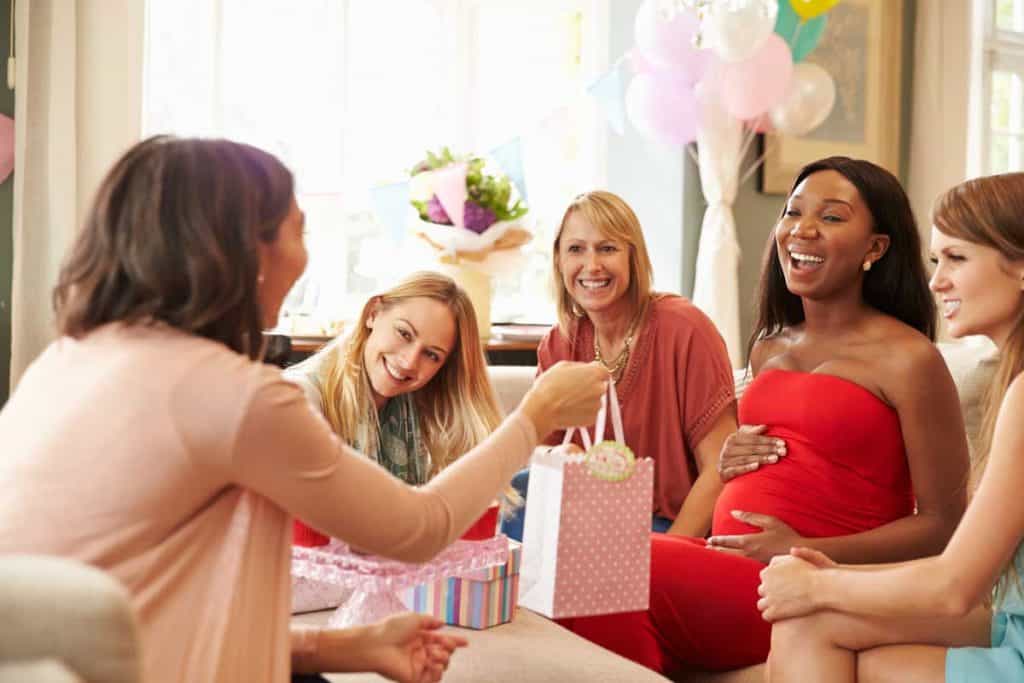
What should a baby shower include?
Social protocols help us set standards and to some extent fair practices. However, the purpose of baby showers should drive the practices, not the other way around.
In some settings, groups are becoming mindful of how baby showers are a chance to share values and connect the mom-to-be (and future child) to community.
Anne Markey, the creator of the One Determined Life blog, sees baby showers as serving an important community function for churches.
“It’s a way for women to connect in a way that you don’t have a chance to on a Sunday morning or at a Bible study,” she says. “Since the setting is so informal, it’s a chance for people to relax, have fun and just enjoy each other’s company. I don’t know too many other activities that do those same things. I also find that showers give churches a family vibe which I really enjoy.”
Embracing Life blogger Jenn Soehnlin, author of Embracing This Special Life: Learning to Flourish as a Mother of a Child with Special Needs, says her church has a shower each time a mom is expecting. For first-time moms, the church hosts a full shower. After that, the mom receives a Sprinkle party in which church members chip in money for necessities such as diapers and wipes.
“Every woman who comes brings a snack, the church provides a cake, and we pray blessings over the mama and baby and have tons of fun and fellowship,” Jenn says.
For writer Alonda Tanner’s church, the women’s ministries host one big baby shower per family. For subsequent showers, the hostesses have to pay to reserve the room. “This was frustrating at first, but totally made sense after seeing how much they pour into the baby showers,” Alonda says. These first showers always include childcare to give other moms a break.
Ten years later and blogger Katherine Pittman of Chronicles of Momia still remembers her baby shower, in which the women took a community-centered approach to the celebration.
“They all shared one thing they wished that could have known before having children, someone wrote them all down, and gifted me the book afterwards,” she says. “Then we prayed together for the new baby and the delivery and all our children. We didn’t do gifts, though many brought gifts and meals after the baby was born.”
Katherine says her church also has a tradition of making meals for the family for several weeks after a baby is born.
A baby poem tradition
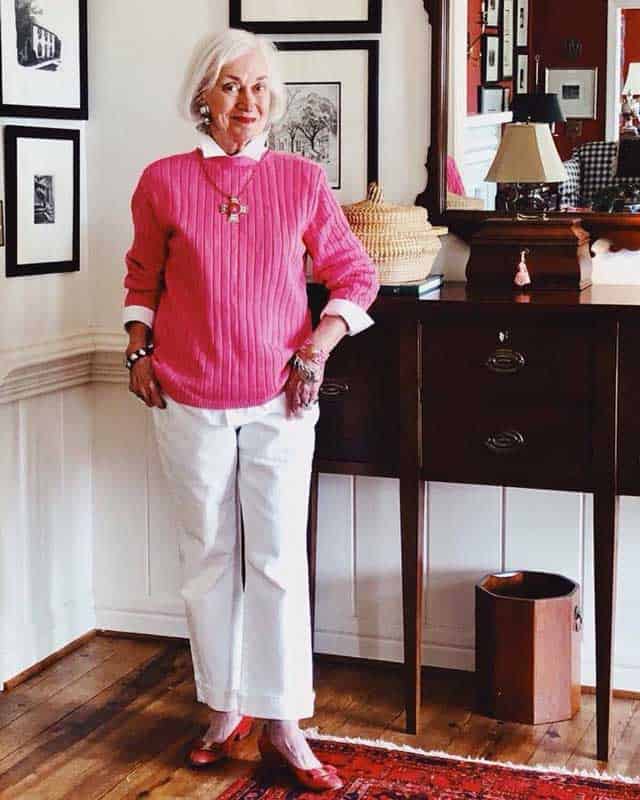
Betsy Gresham Eager of South Carolina, who is a designer and co-owner at Old Money Corp, has a favorite baby shower tradition that was practiced by her mother, Betty Lou Gresham.
“My mother always made a little baby bonnet out of a handkerchief,” Betsy says. Along with the bonnet her mother included a poem that explains how the baby could wear the bonnet, including later in life!
“You can snip a couple of stitches so that it could be carried in a wedding,” Betsy explains.
Poem: “I’m a little hanky as sweet as can be. Stitch, stitch a bonnet was made out of me. I’ll be worn on Christening Day. Years soon pass and I’ve been told, every bride needs something old. On her Wedding Day, a hanky I will be. If it is a boy & he too shall wed- I’ll be a bonnet for his child’s head.”
Rituals: The forerunner to traditional baby showers
Rules are one thing but rituals are another. Rituals, such as a rite of passage, contain purpose.
Across the world, motherhood has traditionally been celebrated in rituals reflective of local culture. In our modern view, some of the old country practices might seem peculiar. For example, in southern Italy, a custom was to bring pigeon soup to the new mother.
The delicate soup, nutritious and easy to digest, was thought to help bring in the mother’s milk, according to Carol Field, who wrote about the rites of passage in Italy in Gastronomica: The Journal of Food and Culture. Newborns, on the other hand, were given eggs and salt to symbolize knowledge and competence.
In the absence of old rituals, we have baby showers and in some cases, food is still brought to new moms, but more so out of thoughtfulness rather than ritual meaning.
Most of the old rituals were meant to introduce a new mother into her new role in the community and/or symbolize the integration of the child into the community. In our modern world, however, we typically belong to a multitude of communities.
We have communities for everything: work, school, family, social groups, religious, and even special interests. Each community teaches us a set of values. If there’s a crossover with the family, then those values tend to be taught to our children as well.
It’s not unusual for these different communities to host a traditional baby shower for an expectant mom. Case in point, baby showers hosted by workplace colleagues are common place now.
The baby shower has replaced those ritual celebrations and traditional introduction into community. “Although families might observe practices related to ethnic or religious identity, there is no other generally recognized ritual for a new mother and new child in the United States,” according to research by Sallie Han, cultural anthropologist, in her book, Pregnancy in practice: Expectation and Experience in the Contemporary US.
“As a ritual, the baby shower is based on the participation of a community, which symbolically and materially reproduces (and reinforces) its particular beliefs and values at the shower,” Han says. “However, there are competing ideas about community, and with them, competing practices of mothering and parenting.”
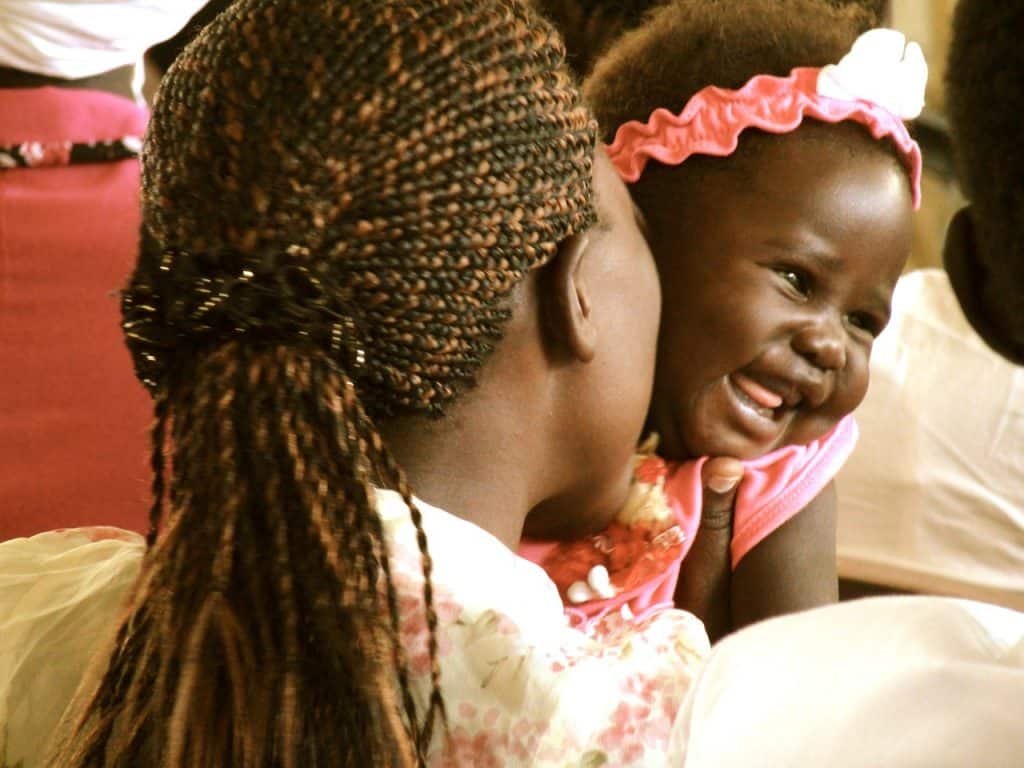
Baby shower traditions around the world: Botswana
In cultures around the world, first-time mothers are celebrated in community rites of passage, which might include some version of a baby shower.
In Botswana, Africa, motherhood traditions are essentially platforms for maintaining and building community. But what happens to the community ritual when western baby shower traditions are adopted into the culture, especially in the more modern urban areas?
That was a question that concerned a group of researchers at Botswana University. They set out to get a closeup view of what was transpiring as western customs took hold of baby shower traditions.
What was at stake? Possibly the loss of practices associated with the old African adage “It takes a village to raise a child.”
Specifically, in Botswana, when the child is around 3 months old, relatives gather to “take the baby out,” which is the literal translation for the practice. They introduce the baby to the community. The whole village is invited to the celebration. Much like the western baby shower, food and gift-giving is involved.
The university research team, led by Dr. Elizabeth Motswapong, were concerned that a key part of Botswanan culture called Botho/Ubuntu would be lost as the population became more urban and westernized.
Botho/Ubuntu can be translated roughly to mean “I am because we are and we are because I am.” Dr. Musa Dube, a member of the research team, explains that the term applies to our relational living.
In other words, how much Botho/Ubuntu we have is measured by our relationships to family, community, the environment, and to God.
The researchers concluded that urbanization and western baby shower practices had not harmed the Botho/Ubuntu. The Botswanan women has simply adapted the new customs into their cultural traditions.
The baby showers had become testimony to the transition to motherhood. The westernized Botswanan baby showers still connected the mom-to-be to her community, and as a rite of passage, the showers gave the community space to transfer important values.
“Through baby showers, a mother-to-be discovers a sense of identity in reference to the community she interacts with, that of women who have been mothers themselves or aspiring mothers,” according to the research report A little baby is on the way: Botho/Ubuntu and community-building in Gaborone baby showers.
Motswapong and her colleagues refer to this as cultural continuity, referring to Arnold Van Gennep’s term used in the 1960 book The Rites of Passage. For Botswanan baby showers, the interweaving of generations is still realized, even in the western-hybrid version of a baby celebration.
Back in the U.S., Heather Chapman, the creator of Lessons from Home, sees a similar generational purpose in her experiences with baby showers.
“I have had several baby showers in different settings, and what I came away from each one with was a lovely feeling of being loved and cared for,” says Heather, who blogs about faith, homeschool, and healing from loss. “It meant a lot to me to have the support of family and friends and the knowledge that my little one would have the same.”
Tell us how you celebrate new moms!
We would love to hear about how different cultures celebrate – then and now – the arrival of a new baby and a woman’s transition to motherhood.
Let’s share our ideas and customs in the Comment section below.
Here’s a great dessert recipe for your next special occasion. Try this old-fashioned cake recipe that reminds us to cherish sweet memories.

Teresa Trumbly Lamsam, Ph.D., is an accomplished Social Scientist and Journalist. Passionate about establishing credibility in the digital realm, she champions transparent and trustworthy online content. She is dedicated to producing content that sparks curiosity and nourishes the heart and mind.



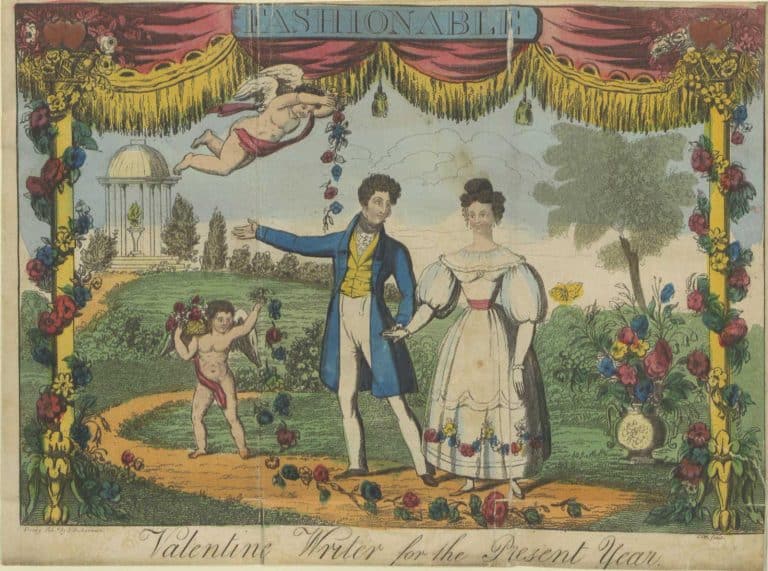

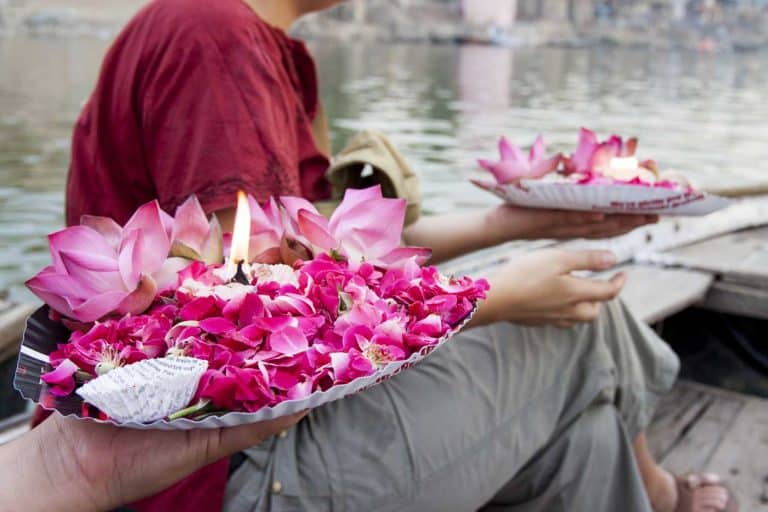
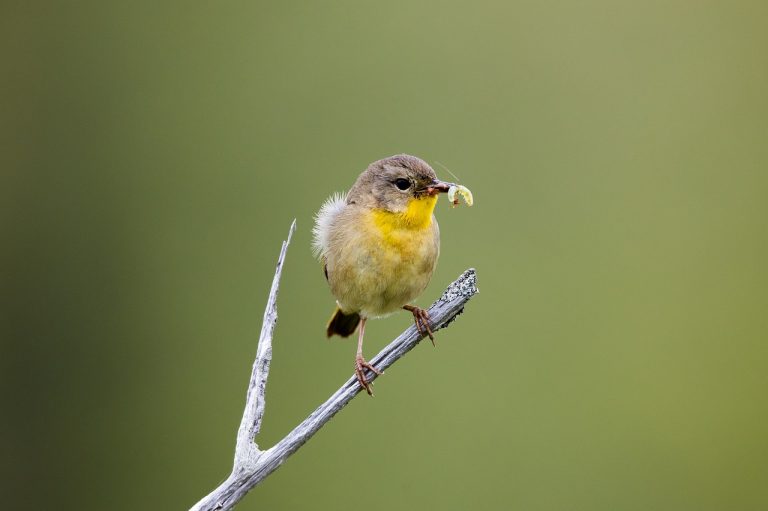

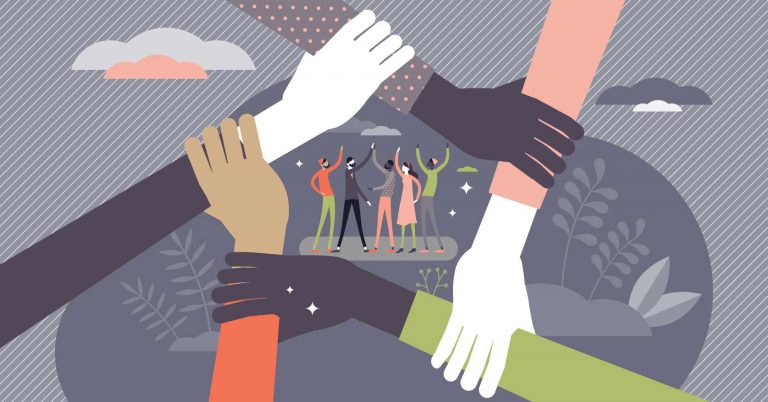
Such a lovely post! Baby showers are a fun time to celebrate and shower the new mum in love! I have held showers (never heard of sprinkles) and cooked meals for new parents – babies are a great to celebrate!
Sprinkles was a new one for me too!
It’s interesting how baby show traditions have changed over time. Just this weekend my friend had a “drive by” shower, due to the coronavirus. Friends and family drove up, gave them gifts, and wished them well one by one!
It’s awesome that they found a way to celebrate with friends and family despite the pandemic!
Oh, this post brought bitter-sweet memories. I was so far away from my family and friends when I had my first and I didn’t have the pleasure of having one for my second either. It’s nice to read how much planning and effort goes into them though! Thank you for sharing! 🙂
Evangeline, the experience has probably made you compassionate for other moms-to-be in your same situation! I love it when we can go through difficult situations and find a way to help others through the same thing!
This is a great post! As a member of the millennial generation, I know that some of these long-standing traditions are not things we naturally think of, so this post is super helpful!
Interesting read. Although I have never attended a shower my wife and daughter have given and attended many. But I believe this has slowed down. I think both needs and want gifts are appropriate.
I enjoyed reading this and especially loved that you included some customs and rituals from Botswana! I have to say I may have bent a rule (I hosted my own shower). I do love the idea of putting a book together to gift the expecting mom which includes all the things other moms wish they knew. That’s sounds like such a useful and heartfelt gift. Thanks for sharing.
Zakia, my grandma Zula would approve of bending a rule for good reasons! Me too!
I’ve only been to one baby shower in my life. I never actually realized that there were traditions associated with them. That was a cool read!
Thanks, Bill. That’s awesome to hear that you enjoyed the article. I thought the socio-cultural aspect of traditions would appeal to men as well as to women.
I liked this insight into the history and growth of the baby shower. Without this context, it’s easy to write it off as another excuse for a party. I don’t think I know about the baby shower in my culture but I am encouraged to look it up.
I think that was part of what motivated me to research the topic – I wrote it off as just another party, albeit a good reason to celebrate.
Baby showers hadn’t been invested when I had my kids, but now they are quite a regular occurrance. I think it’s a lovely idea and to be encouraged.
Interesting, I didn’t know the history behind baby showers. And who knew there was so much to it? haha
Beautifully written & so interesting. Such a warm feeling to read about all of these special & familiar traditions. This brings back wonderful memories. Thank you! ?
Thank you, Betsy. I knew there had to be reasons behind the obvious reasons! My church baby shower was so special that even all these years later, I reflect on it with comforting thoughts!
While I love the idea of a baby shower (and celebrating a new life coming), I don’t agree with gender reveal parties, as I feel that it reinforces gender stereotypes before a child is even born. 🙂
To be honest, I already attended a baby showers so many times and it was really a lot of fun and I also witnessed how baby shower tradition changed over time. And for me, it is so good to celebrate the coming of each baby.
Yes, Gervin, I agree. That’s what this article is about – how our traditions in celebrating motherhood (around the world) pass on values and culture.
I still remember my baby shower. At the time my husband and I had very little money and so receiving even one gift was such a blessing.
Interesting read. It is fun to hear about all the traditions. I had a very non-traditional baby shower with my first son. Fifteen years ago couple showers were very uncommon but we decided that is what we wanted and everyone had fun.
i have thrown a couple baby showers. i personally love all the traditions but moms to be seem to be more inclined for comfort which makes sense.
It’s so interesting how much it has changed over the years! I loved my baby shower, we went all out!
Didn’t know there was this kind of history behind baby showers but this really did catch my interest and makes me want to look for more. Thanks for sharing!
I know from my elders Baby shower as been in our tradition for year now, and its change from a traditional setup to a modern one these days, nonetheless the enthusiasm is still the same . lovely post dear!
This is such an interesting perspective on baby showers. My baby is now 16 but reading this has taken me back when I was being showered with love
It’s so nice to learn more about traditional baby showers. It’s so cool to know they have different practices before.
Aaaahhhhh….now, this is a more detailed explanation about baby showers. I have never gotten quite round them.
I have been a part of baby showers many times over the years, from helping to organize, to being a guest, to having showers thrown for me. It is a wonderful time of bonding for all moms, new or experienced! And I love Betsy’s story about the handkerchief bonnets and poem!
I never thought I wanted a baby shower. And then my friend secretly planned one. It was so thoughtful, sweet, and lovely that everyone came together to celebrate mom and the baby. I’d say every mom and dad need a baby shower;)
Hi! This was an awesome article. Thank you for linking to the “Old Sayings” piece. I also loved reading about baby showers in Botswana!
I’m so glad you appreciated the article! Thank you!
Great shower ideas and baby shower traditions! Never heard of sprinkles before, but realized that is what we do at our church. We are a small congregation, so we are able to give a shower per baby instead of per mom.
Wow! I had o idea there was so much that went into baby showers!
great insight. i will need this soon as i will be hosting a baby shower. love this.
Having a baby is such a wonderful part of life and I love how baby showers celebrate the mom and new baby. I have 4 kids so had many types of baby showers. My last child was adopted so my friends threw us a surprise, welcome home Sawyer party!
This post has great information on baby showers. I love your ideas. Sometimes as a Rector’s wife I throw bay showers – so this post is quite insightful!
This was such a lovely post. Baby showers are such an awesome way to celebrate the life of a new born baby. I was fortunate enough to have a baby shower for each of my babies. I love to go to baby showers. Being a part of celebrating a new life is such an honor. I really love all of the games and different activities they have come out with these days. Thank you for sharing all of this information. Blessings, Joni
Thank you, Joni!
I love how you spoke not only of baby shower traditions, but also about how this affects culture in other countries like Botswana. You know that I tend to shy away from baby showers (I avoided it BIG this time, hahaha!) but I love reading how it has impacted other people and the happiness it can share!
Thank you. I enjoy learning from other cultures. It always causes me to stop, think, and consider my own practices. Over the years, I’ve brought a few customs from around the world into my own family’s traditions.
This was a great read for sure. Now I know more about baby showers than I did before, thank you.
Reading this brought back memories of my baby shower. We had men and women at my shower, and it was a huge bbq because my family is really big.
Such a sweet post! Baby Showers are always so much fun, and a great blessing for the new mother! ❤
Oh wow this is packed out with useful information. what a great go to guide for anyone planning a baby shower x
I grew up with some of these baby shower etiquette guidelines. I still follow some of them.
I love learning about how other countries and cultures celebrate milestones. I never thought of baby showers being only about material things but I guess that is the point of them. This is such a great break down on showers and such an exciting time for mamas’ lives!